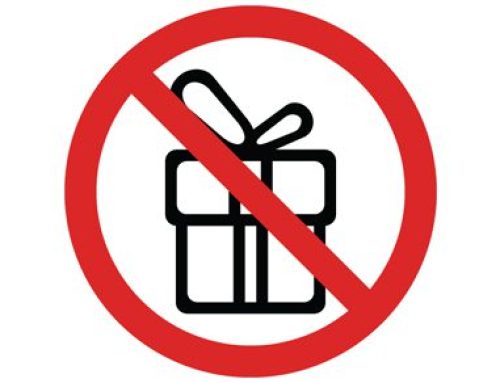
Real estate owners holding real estate within their business or for investment often times find themselves holding a significantly appreciated asset. This is a good thing? However, when facing the opportunity to sell such real estate the owner may be surprised to learn about the tax bill resulting from the sale. Many times real estate investors will find themselves acquiring new (or replacement) property subsequent to the sale of their existing real estate. If so, then it is imperative investors do not miss out on a very important provision in the tax law.
Whenever you sell business or investment property and you have a gain, you generally have to pay tax on the gain at the time of sale. The IRS does provide one exception that allows you to postpone paying tax on the gain if you reinvest the proceeds in similar property as part of a qualifying like-kind exchange. This type of transaction is also referred to as a tax-free exchange, Starker exchange or a 1031 exchange.
By participating in a like-kind exchange you can acquire property that’s more suitable for your business without paying tax on the gain. The gain on the exchange is effectively deferred until you sell or otherwise dispose of the property you receive. This type of tax-deferred transaction is allowed because your economic position remains the same since you have merely exchanged one property for another. You will, however, have to recognize gain on any money or unlike property that you receive in the exchange.
Before you decide to engage in a like-kind exchange there are a few things that you want to make sure you consider and understand. It’s important to understand the types of property that qualify, the timing requirements you must meet, and the consequences when non-like-kind property is involved.
To qualify for like-kind treatment, both the property you give up and the property you receive must be used in your trade or business or held for investment purposes. Property used primarily for personal use, like a primary residence, a second home or vacation home, does not qualify for like-kind exchange treatment. Like-kind property is defined as property of the same nature, character or class. Quality or grade does not matter. Therefore, the exchange of improved real estate for unimproved real estate can qualify as like-kind. One exception for real estate is that property within the United States cannot be exchanged for property outside of the United States. Real property and personal property can both qualify as like-kind exchange properties but real property can never be exchanged for personal property and vice-versa. Buildings, rental houses, land, trucks, and machinery are examples of property that may qualify. There are certain types of property that are specifically excluded from like-kind treatment they are as follows:
- Inventory or stock trades
- Stocks, bonds, or notes
- Other securities or debt
- Partnership interests
- Certificates of trust
The total purchase price of the property to be acquired must be equal to or greater than the total net sales price of the property being relinquished and all the equity received from the transaction must be used to acquire the new property.
While a like-kind exchange does not have to be a simultaneous swap of properties, you must meet two time limits or the entire gain will be taxable. These time limits cannot be extended for any circumstance or hardship except in the case of presidentially declared disasters. The first limit is that you have 45 days from the date you sell the relinquished property to identify potential replacement properties. The identification must be clearly described in writing, signed by you and delivered to a person involved in the exchange like the seller of the replacement property or the qualified intermediary. In the case of real estate it is recommended to include a legal description and street address. The second limit is that the replacement property must be received and the exchange completed no later than 180 days after the sale of the exchanged property or due date, including extensions, of the income tax return for the tax year in which the relinquished property was sold, whichever is earlier.
It is important to know that taking control of cash or other proceeds before the exchange is complete may disqualify the entire transaction from like-kind treatment and make all gain immediately taxable. One way to avoid premature receipt of cash or other proceeds is to use a qualified intermediary to hold the proceeds until the exchange is complete. If cash or other proceeds that are not like-kind are received at the conclusion of the exchange, the transaction will still qualify as a like-kind exchange but gain may be taxable to the extent of the proceeds that are not like kind.
It’s very important to understand that like-kind exchanges result in tax-deferral, not tax elimination. When the replacement property is ultimately sold, the original deferred gain, plus any additional gain realized since the purchase of the replacement property, is subject to tax.
Like-kind exchanges are a great way to defer paying tax but it is important to remember that every situation is different. I recommend consulting with an experienced real estate professional and an accountant to discuss your options and to make sure it is the best option for you.
Melissa Hoaglund, CPA, is a tax manager with DWC’s Grand Junction office. She specializes in individual and business income tax preparation and business consulting with special focus in the construction and oil and gas industries. Melissa is a member of the Colorado Society of CPAs, American Institute of CPAs, and serves on the board of Court Appointed Special Advocates (CASA). She holds an accounting degree from Colorado Mesa University. Contact Melissa at 970-243-1921, or MHoaglund@DalbyCPA.com.


